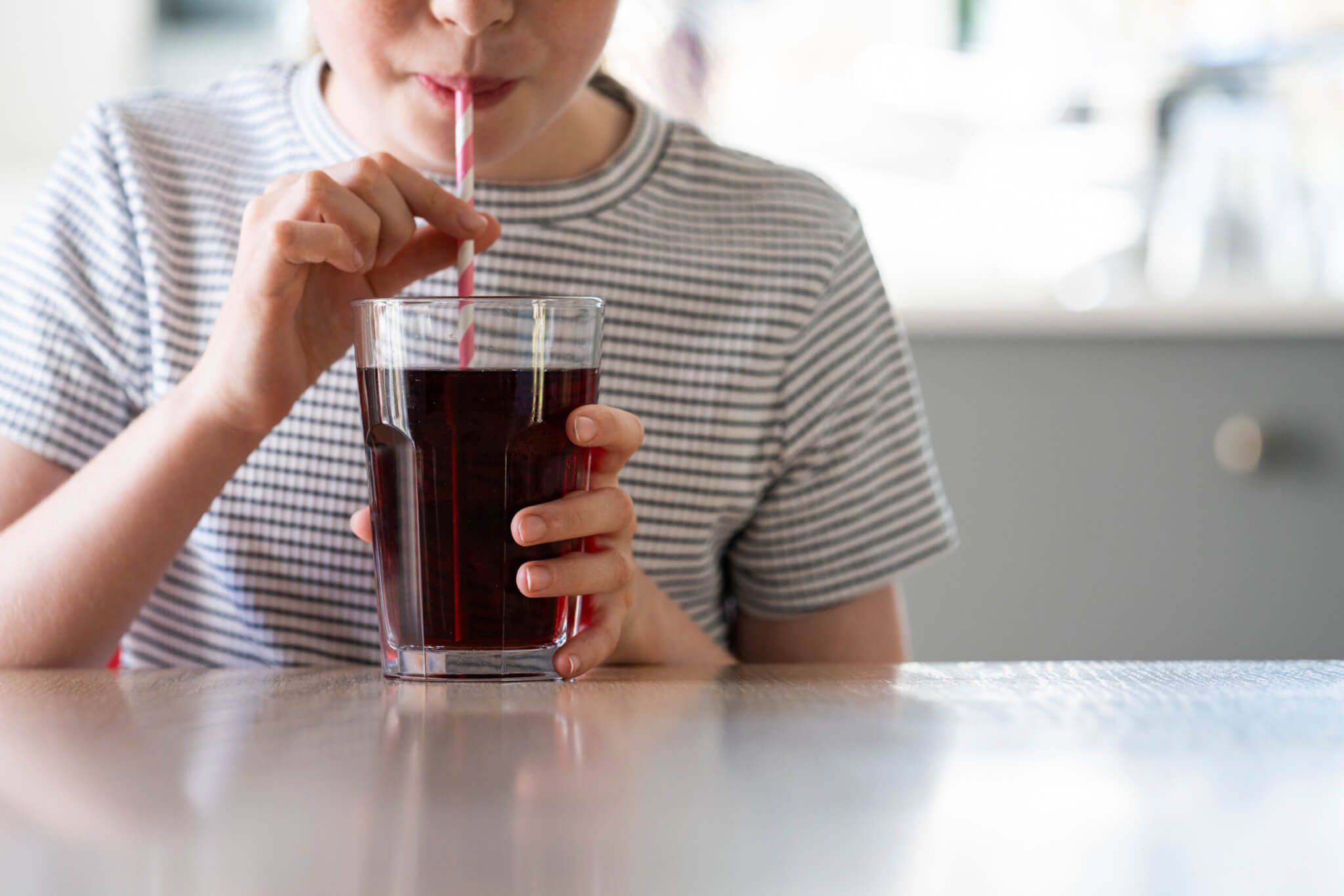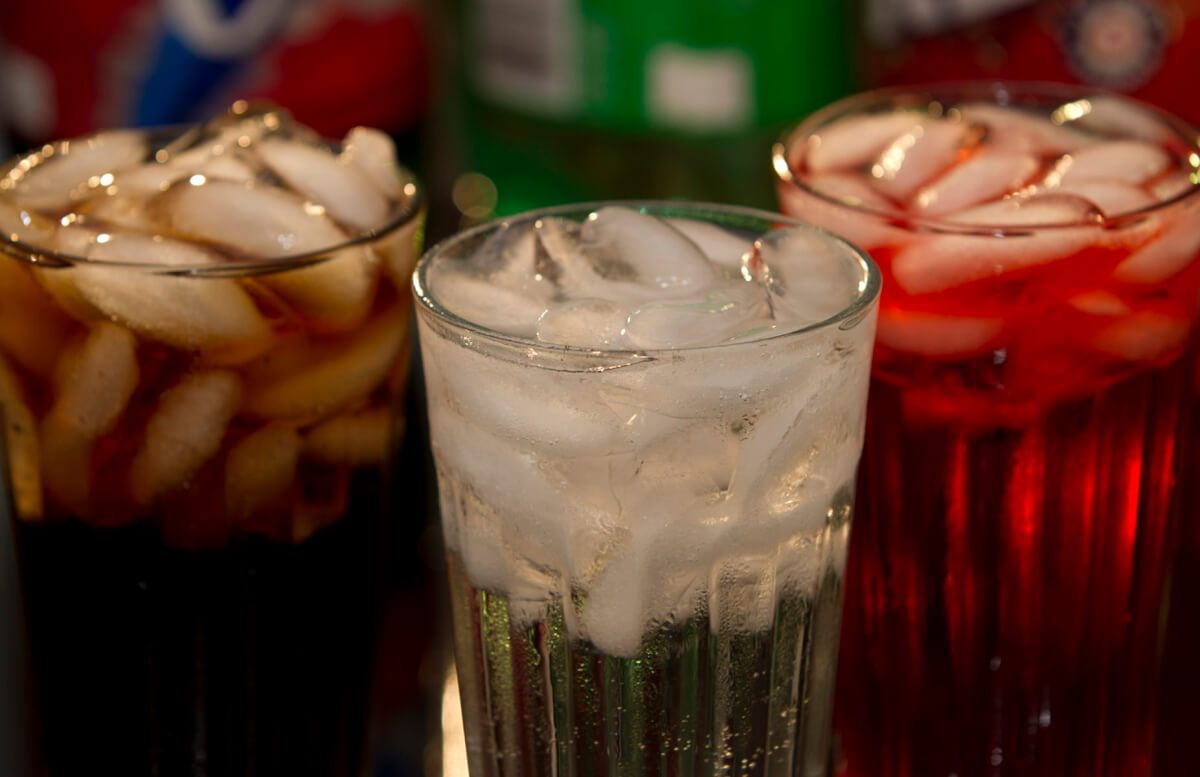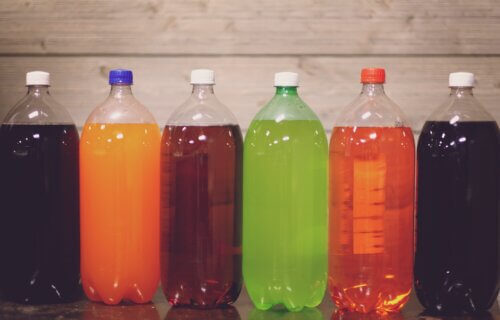DALLAS — Drinking soda and other sugary beverages regularly can cause more health-related issues than just Type 2 diabetes, a new study warns. Researchers have discovered a concerning link between the consumption of sweetened beverages and an increased risk of atrial fibrillation (AFib), a type of irregular heartbeat that significantly raises the chance of stroke.
The study highlights a 20-percent increased risk of AFib among individuals consuming over two liters (approximately 67 ounces) of artificially sweetened drinks per week and a 10-percent increase in risk for those consuming the same amount of sugar-sweetened beverages.
Atrial fibrillation is a heart condition characterized by an irregular and often rapid heart rate that can lead to blood clots in the heart. AFib increases a person’s risk of stroke, heart failure, and other heart-related complications. According to the American Heart Association, over 12 million people are expected to be affected by AFib by 2030.
The study, conducted using health data from the UK Biobank, involved over 200,000 adults who were initially free of AFib. Through a near decade-long follow-up, the research identified 9,362 cases of AFib among participants.
“Our study’s findings cannot definitively conclude that one beverage poses more health risk than another due to the complexity of our diets and because some people may drink more than one type of beverage,” says lead study author Dr. Ningjian Wang, a researcher at the Shanghai Ninth People’s Hospital and Shanghai Jiao Tong University School of Medicine in China, in a media release.
“However, based on these findings, we recommend that people reduce or even avoid artificially sweetened and sugar-sweetened beverages whenever possible. Do not take it for granted that drinking low-sugar and low-calorie artificially sweetened beverages is healthy, it may pose potential health risks.”

The study also found that drinking one liter or less per week of pure, unsweetened juice was associated with a lower risk of developing AFib, suggesting that not all beverages have the same impact on heart health. However, researchers caution that these findings do not establish a direct cause-and-effect relationship between sweetened drinks and AFib. Instead, they point to an association that persists even after accounting for genetic susceptibility to the condition.
There are now broader implications of consuming sweetened beverages, previously linked to Type 2 diabetes and obesity, and now, potentially, to AFib. This association is significant given the rising prevalence of AFib and its severe health consequences.
“These novel findings on the relationships among atrial fibrillation risk and sugar- and artificially sweetened beverages and pure juice may prompt the development of new prevention strategies by considering decreasing sweetened drinks to help improve heart health,” notes Dr. Wang.

Participants in the study varied in their health profiles, with those consuming artificially sweetened beverages tending to be younger, female, and having a higher body mass index and prevalence of Type 2 diabetes. On the other hand, consumers of sugar-sweetened beverages were more likely to be male, younger, with a higher prevalence of heart disease and lower socioeconomic status. Notably, smokers who consumed over two liters per week of sugar-sweetened beverages had a 31-percent higher risk of AFib, highlighting the compounded risk factors.
The study’s findings prompt a reevaluation of beverage consumption habits, especially as the American Heart Association and other health authorities advocate for minimizing sweetened beverage intake in favor of healthier options like water and unsweetened juice. With the potential for new prevention strategies aimed at improving heart health, this research underscores the importance of dietary choices in managing the risk of atrial fibrillation and other cardiovascular diseases.
“This is the first study to report an association between no- and low-calorie sweeteners and also sugar-sweetened beverages and increased risk of atrial fibrillation,” says Dr. Penny M. Kris-Etherton, an emeritus professor of nutritional sciences at Penn State University and American Heart Association nutrition committee member. “While there is robust evidence about the adverse effects of sugar-sweetened beverages and cardiovascular disease risk, there is less evidence about adverse health consequences of artificial sweeteners.”
The study is published in the journal Circulation: Arrhythmia and Electrophysiology.
